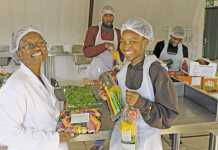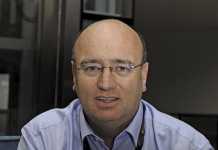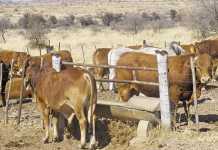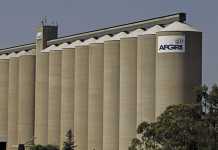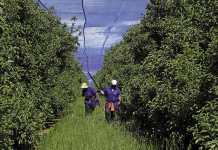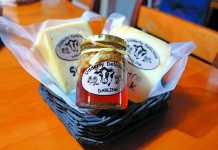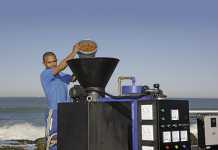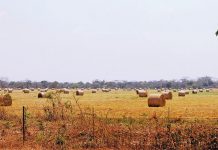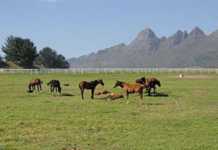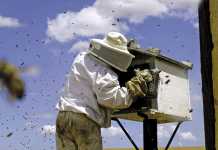Plans to diversify to ensure sustainability
Gugu Mlipha is the SA Agricultural Writers’ New Entrant to Commercial Farming for 2015. She farms vegetables on 6ha in Walkerville, Gauteng, and also runs a vegetable processing business. She has plans to further diversify her business.
Potatoes: lessons from the UK
Leading UK potato producer Tony Bambridge was recently sponsored by Syngenta to give a presentation at the Potatoes SA Congress on potato production and market trends in his home country. He spoke to Glenneis Kriel about the lessons that had been learnt in the industry.
Keeping track of livestock production profitability
The Namibian Agricultural Union’s Production-Cost Index is a valuable tool for determining and monitoring price trends in the country’s livestock production industries, according to Jaco Hanekom, the union’s assistant manager of commodities.
The index has lately shown an alarming negative price trend in cattle production.
Transporting produce in SA – yesterday, today and tomorrow
The cost of transportation has become an ever-greater burden for SA farmers. There are several reasons, for this. Transport consultant Alistair Christison and Prof Jan Havenga, director of the Supply Chain Management Centre at Stellenbosch University, gave Gerhard Uys insights into the road and rail situation – and what can be done to improve matters.
Get ready: sustainable farming is here to stay
The definition of successful production is changing. Where high output and farm profits were the main measures of farming success in the past, today what matters just as much is the impact of farming on nature and others when measuring it. Kobus Pienaar spoke to Glenneis Kriel about this trend.
The big cheese of Darling
Within four years of its launch, a micro cheese enterprise in Darling is experiencing macro demand from gourmet outlets across the Western Cape for its soft European-style cheeses – a rarity in South Africa. Jay Ferreira visited Carla Bryan of Udderly Delicious Cheese to find out more.
Cut electricity costs with wood gasification
A South African company, CLC Solar Wind Energy, has recently developed a cost-effective gasifier to allow farmers to generate electricity from wood or stone fruit pits. Chris Coetzee, project manager of the company, told Glenneis Kriel more about the technology.
Farming in Zambia: a South African’s story
In 1997, father-and-son farming team Keith and Chris Clubb moved from their Gauteng-based farming operation to establish what is now a large commercial mixed farming operation in Zambia. Chris, a veterinarian, shares their experiences on the subject.
Traceability systems in the SA food industry
If the South African food industry wishes to compete successfully on a global scale, a
viable and workable traceability system must be introduced and adopted, says Anné Calitz, research assistant at the University of the Free State’s Department of Agricultural Economics.
Mastering the sport of kings in South Africa
Until about two decades ago, SA racehorse breeders tended to purchase stallions that were
very good, but not exceptional. In more recent years, the stallions used in South Africa are
world-class. The Taberer family, owners of the Avontuur Wine Estate near Stellenbosch, have made an important contribution to the sport.
A first in SA maize milling
Soweto businessman Xolani Ndzaba has always had an entrepreneurial spirit. He spoke to Luyolo Mkentane about how he founded Lethabo Milling, SA’s first black-owned milling company.
Simply adding value to honey
Four years ago, Simply Bee was selling bottled honey from 240 hives. Today, the company manufactures more than 50 products from over 600 hives, selling them at 163 outlets across South Africa and exporting them to several countries. Yet every item is still handmade in Hopefield.

